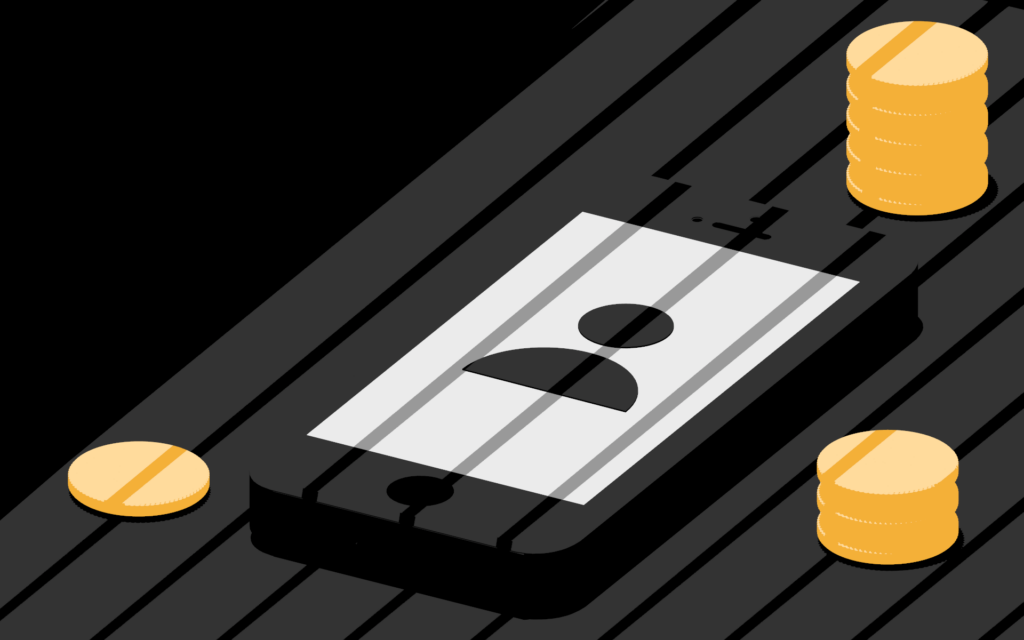By Mayo Deji-Omotayo
Open banking, through the use of Application Programming Interfaces (APIs) has paved the way for third-party financial service providers to access and share customers’ financial data, with the customers’ explicit consent. This transformative advancement supports the creation of innovative financial products and solutions tailored to customers’ needs.
Through open banking, customers gain greater control over their financial data, empowering them to make better informed financial decisions and take advantage of more innovative and personalized financial services that were previously unimaginable.
Mono, a technology company that powers the digital economy using open banking, stands out as a key player in this transformative landscape. Mono leverages open banking technology to empower businesses by equipping them with essential data to make better quality decisions and consolidate customer information. By harnessing innovative algorithms and technology, Mono ensures that customers can securely share their data with authorized third-parties and perform analysis that other businesses need to make their own informed decisions.
The data Mono collects and makes available includes financial data, bank statements and identity data. Additionally, the company facilitates bank transfer payments from customers’ bank accounts, further enhancing its value to businesses.
Spotlight read: Technologies and use cases for Open Banking in Nigeria
Mono is redefining businesses with open banking
Mono (YC W21) has rapidly gained traction since its official launch in 2020. Impressively, within just a year of operation, Mono was processing up to 5 million data sets per hour.
True to its goal to become a global force, Mono’s expansion into other African countries has been successful so far. Presently operating in Nigeria, Kenya, Ghana, and South Africa, Mono’s network encompasses over 30 reputable financial institutions; banks, fintech companies, and even major telecom operators such as MTN.
Mono integrates with these financial institutions and banks using secure and authorized methods to access account information. The company then collects data which could include transaction history, account/wallet balances, income, expenses, and other financial details.
Raw financial data often needs to be cleaned up to extract its value. Acknowledging the diverse formats provided by different banks, Mono takes the additional step of refining and organizing raw financial data, ensuring uniformity and clarity. Yet, Mono’s role extends beyond making data easy to read; it transforms the data into actionable insights by offering data analysis tools to reveal useful patterns and trends. These insights empower businesses and customers alike to make informed financial choices.
For instance, among the many applications of Mono’s services, lending shines as a standout use case. The aggregated data from customers’ accounts provides valuable insights for assessing borrowers’ creditworthiness, expenditure and borrowing patterns; enabling lenders to gauge the risk associated with certain lending decisions more accurately and enhance the quality of their decisions.
Spotlight read: How Charities and NGOs can benefit from Open Banking
Open banking tackles Mono’s challenges head on
Unfortunately, despite Mono’s expertise, collecting data from banks is fraught with challenges due to the disparities in the technology infrastructure among the institutions. No two banks perform operations the same way and this makes data collection dicey. Alternatively, building solutions around the various technology landscapes of each bank means more work, more time and more bugs! This makes it quite difficult to achieve a seamless integration.
However, open banking serves as a remedy to this predicament and saves financial service providers from the headache of even considering embarking on this herculean task. The implementation of open banking standards mandates banks to provide statement and other financial data in a uniform fashion; either directly or through a middleware if their infrastructure cannot conform to this standard (yet). This eliminates the complexity that hinders seamless integration.
This means Mono can access data directly from as many banks as needed and get the information they need with just one standard implementation. This makes business for them easier.With standardized APIs, Mono need not concern itself with inconsistencies, cumbersome implementations and burdensome maintenance. The company can focus on doing what it does best even better.
Although the adoption of an open banking standard significantly improves the ease with which Mono can conduct its business; it also makes business for competitors easier too. Well, that is what this tech ecosystem is all about. It is not just the customers who have a lot to gain from increased competition but healthy competition fuels the ecosystem, driving companies to evolve and refine their offerings to remain at the forefront of providing financial services.
Spotlight read: Hello Nigeria! – Rolling out Open Banking Capabilities (A KPMG Article)
Do more with Mono
While Mono is more primarily known for its B2B solutions, it is broadening its scope. Mono is expanding its B2C offerings and creating a consent management solution for users and embarking on other innovative projects. Mono is committed to supporting businesses and customers with exploring the impact and benefits of open banking to their financial decisions.
Notably, Mono has been a staunch supporter of Open Banking in Nigeria since 2021, actively contributing to the Foundation’s initiatives and objectives. The future holds a lot of promise as Mono continues to expand its capabilities through the power of open banking.
